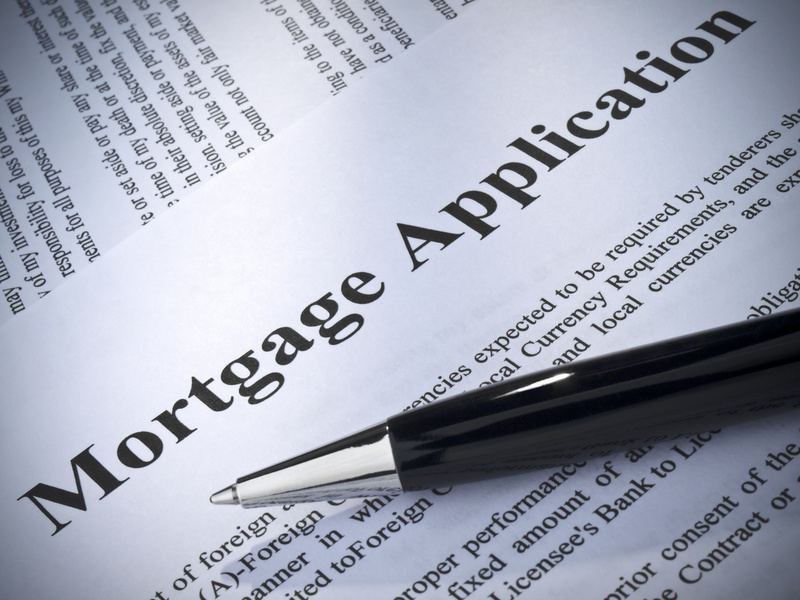Selecting a Mortgage

 Once your offer to purchase has been accepted you should see your lender to verify and update your financial information. Your lender may request a property appraisal and/or a land survey. In addition, title insurance may be required. Your lender will then go over available mortgage options.
Once your offer to purchase has been accepted you should see your lender to verify and update your financial information. Your lender may request a property appraisal and/or a land survey. In addition, title insurance may be required. Your lender will then go over available mortgage options.
There are two primary options:
- Conventional Mortgage: A conventional mortgage is a mortgage loan that is equal to, or less than, the lending value of the property. The lending value is the property’s purchase price or market value (which ever is less). The down payment for a conventional mortgage is at least 20% of the purchase price or market value.
- High-Ratio Mortgage: If your down payment is less than 20%, then you will usually need a high-ratio mortgage. A high-ratio mortgage typically requires mortgage loan insurance for which CHMC is a major provider. The mortgage lender may either add the mortgage insurance premium to your mortgage or ask you to pay it in full upon closing.
One must then decide on a mortgage term. The term is the length of time that the contract conditions remain fixed (including interest rate). The term can be a minimum of 6 months and a maximum of 10 years. Tip: Longer mortgages allows you to plan ahead and protects you from interest rate increases.
You then think about mortgage interest rates, which can be fixed, variable or adjustable.
- Fixed rate: A fixed mortgage interest rate will not increase for the mortgage term.
- Variable rate: A variable mortgage interest rate fluctuates based on market conditions; the mortgage payment remains unchanged.
- Adjustable rate: With an adjustable mortgage rate the mortgage interest rate and the mortgage payment vary based on market conditions.
Once the rate has been selected, you should consider whether you want an open or closed mortgage.
- Open mortgage: An open mortgage is flexible, and usually allows you to pay it off at any time without penalty. Most lenders will allow you to switch from an open to closed mortgage for a small fee. Tip: An open mortgage is a good choice if you plan to sell your house in the near future or if you want to pay off a large sum of your mortgage.
- Closed mortgage: A closed mortgage is a good choice if you want to make fixed monthly payments. You should keep in mind that it cannot be paid off, in part or in full, before the end of the term. Tip: A closed mortgage is not flexible. There are often penalties or restrictive conditions. It may not be the best choice if you plan to move before the end of your term, or if you wish to benefit from decreased interest rates.
Other important things to think about are:
- Amortization: Amortization is the length of time that the mortgage will be repaid. Usually mortgages are amortized over 25 years. However, longer periods are available. Tip: The longer the amortization period the lower the payments, but you may end up paying more in interest.
- Payment Schedule: A mortgage loan is repaid in regular payments – weekly, biweekly, or monthly. Tip: The more payments you make in a year the lower the overall interest will be. Is weekly a good idea?
See our article on the differences between monthly, bi-monthly, weekly and bi-weekly, etc. payments.
Comments are closed.
